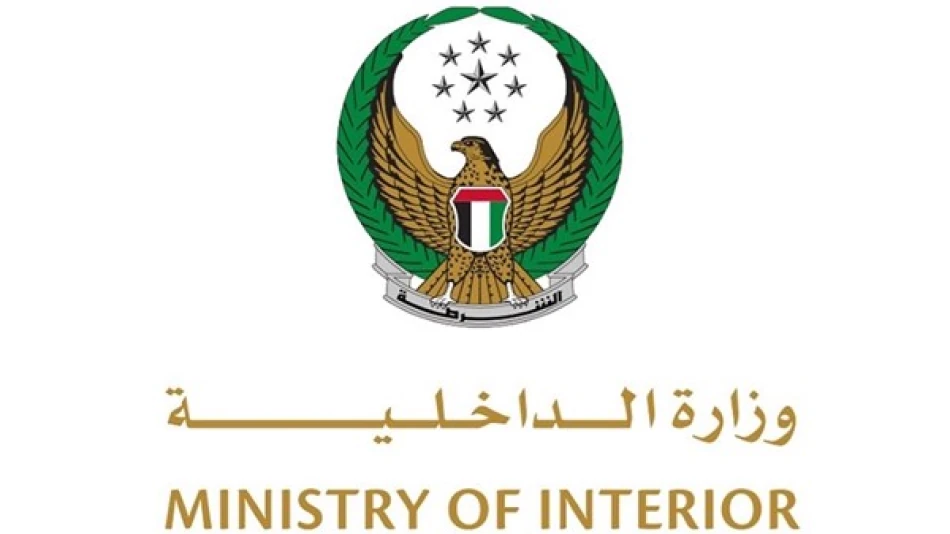
UAE Extradites International Fugitives to France and Belgium
UAE Extradites High-Profile Drug Trafficking Suspects to Europe in Major Cross-Border Crime Crackdown
The United Arab Emirates has handed over two internationally wanted suspects to French and Belgian authorities following arrests by Dubai Police based on Interpol red notices, underscoring the Gulf nation's growing role as a key partner in global law enforcement cooperation against organized crime networks spanning multiple continents.
Major Drug Network Figures Captured
The first suspect ranks among France's most wanted individuals, accused of drug trafficking as part of an organized criminal network operating across several European countries. Intelligence reports indicate he served as the principal deputy to the organization's leader, suggesting his arrest could significantly disrupt the group's operations.
The second individual represents one of Belgium's priority targets, facing charges related to drug trafficking and involvement with a criminal gang operating within Belgian territory. His extradition marks another victory for Belgian authorities in their ongoing battle against narcotics smuggling networks.
Strategic Implications for Regional Security
UAE's Evolving Law Enforcement Profile
These extraditions reflect the UAE's transformation from a regional business hub to a sophisticated partner in international crime fighting. Dubai's strategic location between Europe, Asia, and Africa has historically made it attractive to criminal organizations seeking to exploit global trade routes, but enhanced cooperation with Interpol demonstrates the country's commitment to closing these loopholes.
The operations mirror similar high-profile extraditions by Singapore and Switzerland, countries that have successfully balanced their roles as international financial centers with robust anti-crime enforcement. This approach helps maintain the UAE's reputation as a secure destination for legitimate business while deterring criminal enterprises.
Impact on European Drug Markets
The arrests could have significant implications for European narcotics markets, particularly given the suspects' alleged senior positions within trafficking organizations. France and Belgium serve as major entry points for drugs entering Europe, with networks often utilizing sophisticated logistics operations that mirror legitimate international trade.
Law enforcement experts suggest that dismantling leadership structures of these organizations can create temporary supply disruptions and force criminal groups to reorganize, potentially making them more vulnerable to further investigation.
Broader Context of International Cooperation
The UAE's Interior Ministry emphasized that these operations demonstrate the country's "firm commitment to combating transnational organized crime" and reflect its dedication to close international cooperation with friendly nations. This language signals the UAE's intention to position itself as an indispensable partner in global security efforts.
Such cooperation becomes increasingly valuable as criminal networks adapt to exploit international borders and jurisdictional limitations. The success of these operations likely strengthens the UAE's relationships with European law enforcement agencies and could lead to expanded intelligence sharing agreements.
Market and Geopolitical Considerations
For international businesses and investors, these developments reinforce confidence in the UAE's regulatory environment and rule of law. The country's ability to execute complex international law enforcement operations demonstrates institutional capacity that extends beyond its well-known commercial capabilities.
The timing of these extraditions also occurs amid broader regional efforts to combat illicit financial flows and enhance compliance with international standards, positioning the UAE favorably in its relationships with Western partners while maintaining its role as a bridge between different global regions.
Most Viewed News

 Layla Al Mansoori
Layla Al Mansoori






